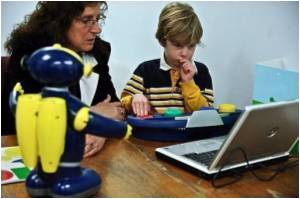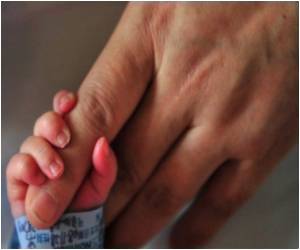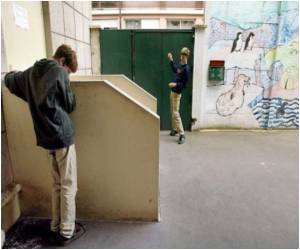Interactive computer program called FaceSay, aids children with autism spectrum disorders to better recognize faces, facial expressions and emotions.

The software features interactive games that let children with ASD practice recognizing the facial expressions of an avatar, says Maria Hopkins, Ph.D., an assistant professor of psychology in the UAB College of Arts and Sciences. The exercises encourage users to focus on the upper half of a person's face where crucial nonverbal information and emotions are expressed through the eyes.
Advertisement
Our results show that the exercises within this software can have a positive impact, Biasini says. Nancy Meisler's son Mitchell participated in the study three years ago, when he was 13. Mitchell cannot only tell when I am happy or angry, but he is better able to recognize more complex emotions, like when I am concerned or confused,Meisler says.
The UAB team found that the children with Asperger's Syndrome who used the software made significant improvements in their ability to read facial expressions; children with autism improved but less so.
The team also examined whether or not the children using the software understood the concepts behind certain facial expressions; children in both the autism and Asperger groups significantly improved their ability to recognize emotions.
Advertisement
Meisler and the other study participants completed the training sessions using computer workstations at Mitchell's Place, a
Birmingham-area center that specializes in services for children with ASD.
Advertisement
Source-Newswise









